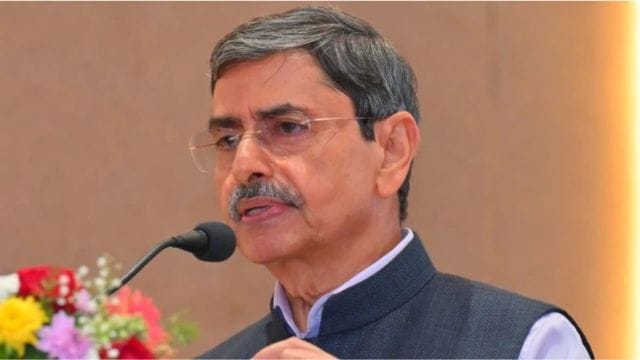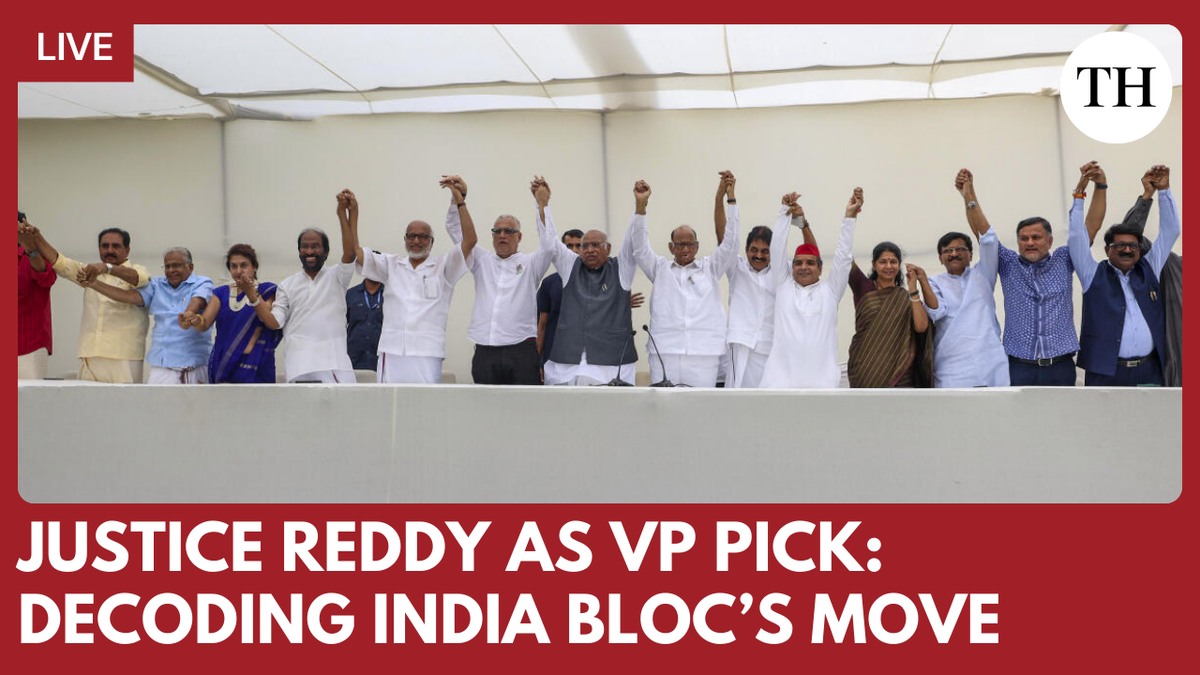ARTICLE AD BOX
 Venkataramani informed a five-judge bench, which began hearing a reference made by President Draupadi Murmu on whether timelines can be fixed for the actions of the President or Governors. (In pic: Tamil Nadu Governor R N Ravi)
Venkataramani informed a five-judge bench, which began hearing a reference made by President Draupadi Murmu on whether timelines can be fixed for the actions of the President or Governors. (In pic: Tamil Nadu Governor R N Ravi)
Attorney General for India R Venkataramani Tuesday informed the Supreme Court that Articles 200 and 201, which deal with the powers of the Governor and President to give assent to Bills, are also part of the basic structure of the Constitution and the Tamil Nadu judgement fixing timelines for them to do this “dilutes” their power to say no to Bill which do not comply with the Constitution.
Venkataramani informed a five-judge bench, which began hearing a reference made by President Draupadi Murmu on whether timelines can be fixed for the actions of the President or Governors. The bench presided by Chief Justice of India B R Gavai also comprises Justices Surya Kant, Vikram Nath, P S Narasimha and A S Chandurkar.
“To say the basic structure is only informed by a democratic principle, which is confined to the legislature, I don’t think that will be a more advisable way of looking at the basic structure doctrine. Articles 200 and 201, I say, are also part of the basic structure where the President and the Governor also play an important functional role in ensuring that if there is no constitutional compliance with the Bill, the President and the Governor will say stop,” said Venkataramani.
In April, a two-judge bench set a timeline for Governors to act on pending Bills, and, for the first time, prescribed that the President should take a decision on the Bills reserved for consideration by the Governor within three months from the date on which such reference is received. In a reference to the Supreme Court in May, President Murmu posed 14 crucial questions on the verdict.
Meanwhile, in response to preliminary objections raised by Kerala and Tamil Nadu to maintainability of the Reference, CJI Gavai said, “We will be expressing just a view of law, not on the decision in the Tamil Nadu case”.
“We are in advisory jurisdiction, we are not in appellate. In Article 143, the court can render an opinion that a certain judgment does not lay down correct law, but it will not overrule the judgment,” Justice Surya Kant stated.



.png)
.png)
.png)

























 English (US) ·
English (US) ·